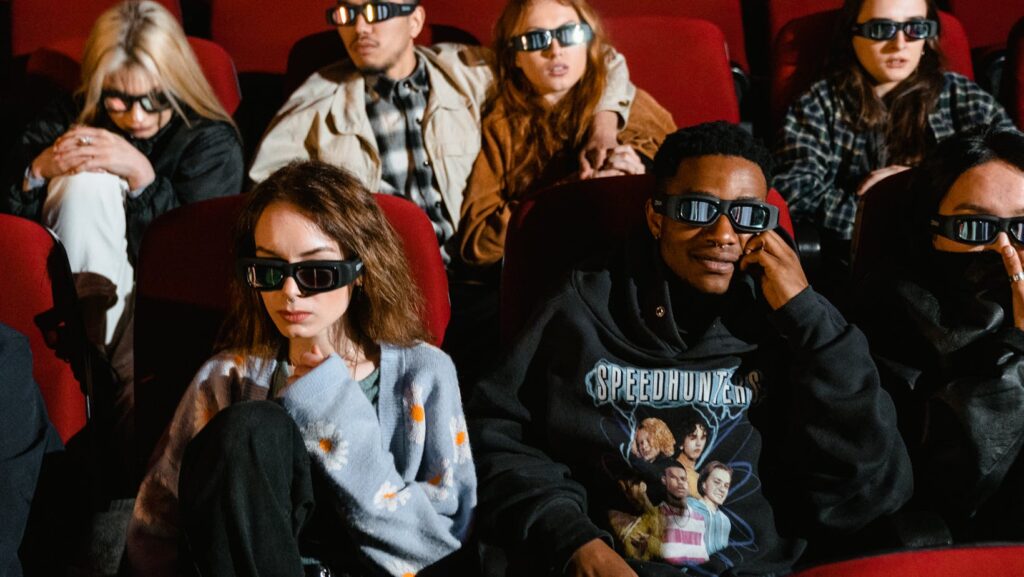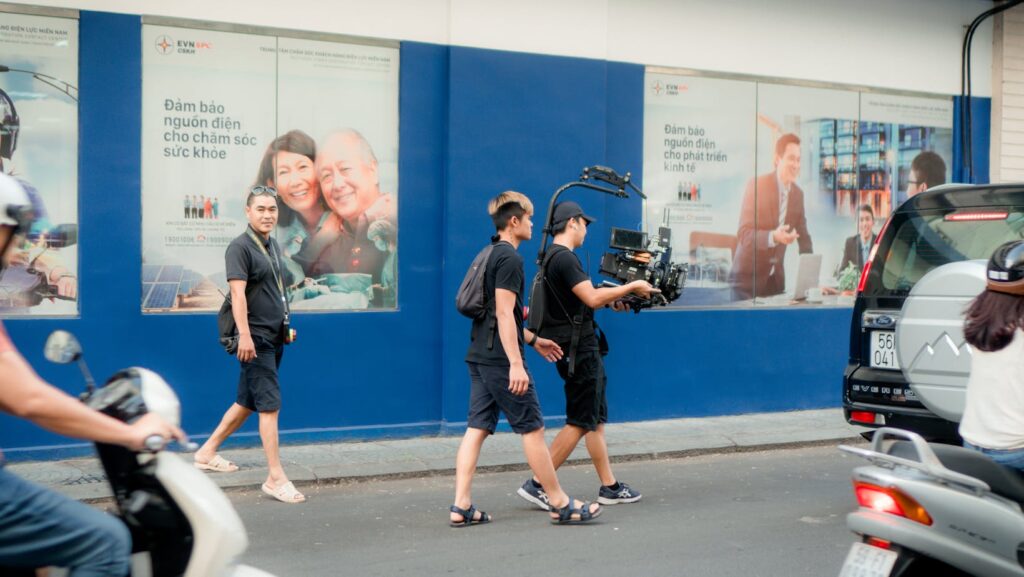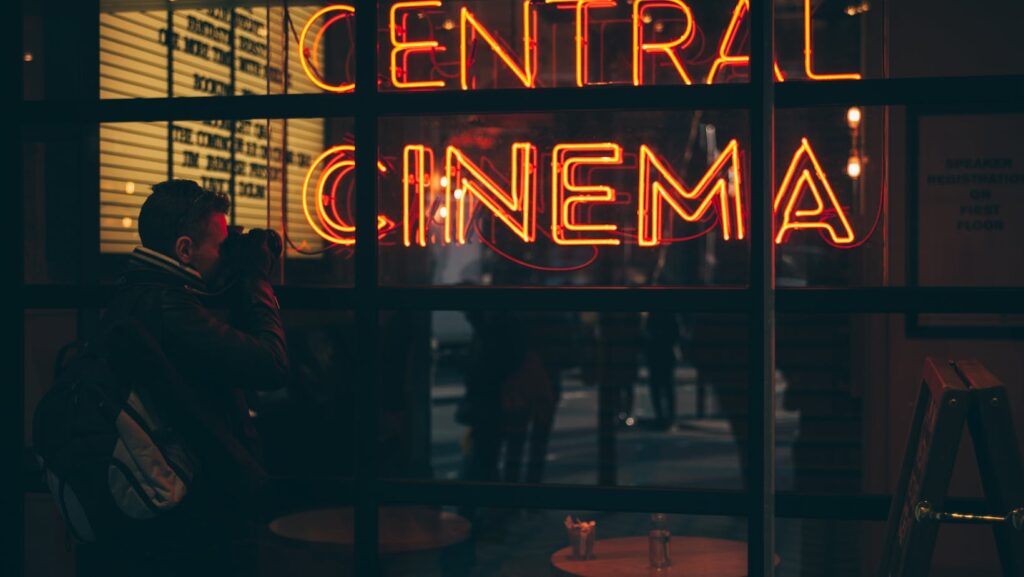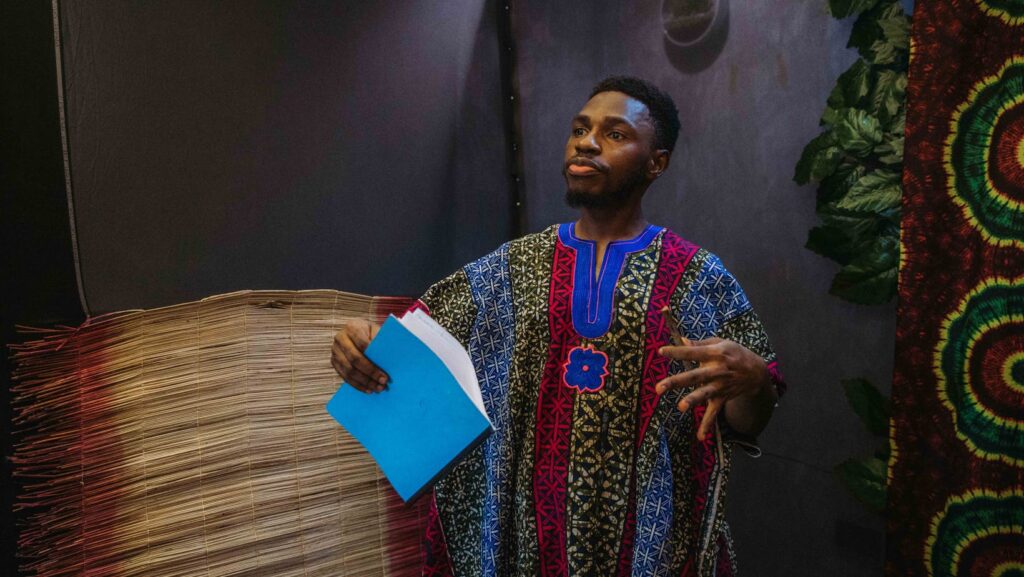In the world of cinema, it’s not only the plot or the star-studded cast that makes a movie a blockbuster hit. Behind the scenes, there’s a powerful force that plays a crucial role – marketing. As the film industry evolves, so do the strategies filmmakers use to attract their audiences. This article will delve into the ever-changing trends of movie marketing.
Movie Marketing Trends
Looking ahead, technology continues to reshape the landscape of movie marketing trends. By leveraging cutting-edge tools and techniques, marketers can create more engaging and immersive movie promotional campaigns. This section focuses on the potential impacts of virtual reality (VR), augmented reality (AR), machine learning, and artificial intelligence (AI) in film marketing’s future.
Potential Impact of Virtual and Augmented Reality

In the realm of movie marketing trends, VR and AR promise a transformative shift. These technologies enable marketers to create immersive promotional experiences, providing audiences a unique glimpse into a movie’s world. For instance, in promoting a superhero movie, a VR experience can allow viewers to step into the hero’s shoes, fighting villains and saving the world, while an AR app could virtually bring the hero into the viewer’s living room.
Both VR and AR present opportunities for marketers to connect with audiences on deeper levels, potentially impacting the way films are promoted in the future. With these innovative tools, marketers can craft ads that are more than just visually captivating – they can create experiences that are truly unforgettable.
Machine Learning and AI in Movie Marketing
Meanwhile, machine learning and AI significantly contribute to the evolution of movie marketing. These technologies enable marketers to analyze vast amounts of data in order to understand viewing habits, preferences, and behaviors at a more granular level. For example, Netflix’s recommendation algorithms use machine learning to analyze a viewer’s watching history and suggest films or series based on their viewing preferences.

In the future, AI-powered tools could automate the creation of personalized trailers, highlighting movie scenes that are most likely to appeal to certain demographics or individuals. Machine learning algorithms, on the other hand, could predict box office successes by analyzing a host of factors such as genre, director, actor, release timing, and even social media sentiment. Thus, AI and machine learning not only offer innovative tools for marketing, but they also potentially provide a predictive playbook of factors contributing to movie success.
Challenges in Movie Marketing Trends
Managing the Balance Between Traditional and Digital Marketing
Blending traditional and digital marketing methods poses a significant challenge. Traditional techniques—typified by print ads, trailers, and billboards—offer a sense of familiarity, while digital platforms tap into wider demographics and yield valuable analytic data. Yet, establishing a unified marketing strategy that seamlessly merges these modes can be tricky. For instance, a billboard ad mirrored on Instagram may engage older audience demographics but could fail to resonate with younger viewers seeking more immersive, interactive content. Therefore, marketers must meticulously tailor their promotion strategies to diverse audience tastes, embracing both conventional and innovative methods in appropriate measure.
Overcoming Geographical and Cultural Barriers

The global market for movies keeps growing, transcending national borders and cultural divides. However, this expansion also brings diverse regional sensibilities and constraints into the marketing equation. Global campaigns for a single movie could face the challenge of resonating with audiences from varying cultural backgrounds. For example, humor, an element often used in movie marketing, varies significantly across cultures. A joke that amuses an American audience may not be understood, or could even be offensive, in a different cultural context. Simultaneously, linguistic diversities necessitate additional resources for multilingual promotional material.
Global Audience
It’s clear that movie marketing trends is a rapidly evolving field. The shift from traditional to digital strategies has opened new avenues for innovation and audience engagement. Yet it’s not without its challenges. Striking a balance between old and new marketing methods and catering to a diverse global audience requires thoughtful strategy and cultural sensitivity. Looking ahead, emerging technologies like VR, AR, AI, and machine learning promise to take movie marketing to new heights.


